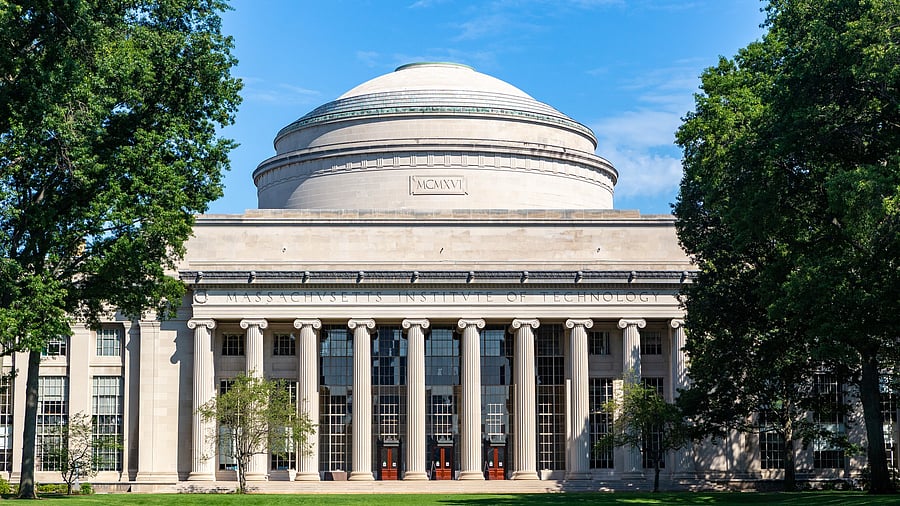
MIT building
Credit: iStock Photo
For years, Georgetown University’s longtime president, John J DeGioia, flagged 80 students to be added to a special admissions list — but not, apparently, for their academic or athletic prowess, documents in a lawsuit claim.
Those on DeGioia’s president’s list were virtually assured of admissions simply because of their family’s wealth and donation potential, according to a motion filed Monday in a long-running lawsuit against a set of 17 selective universities, including the University of Pennsylvania, the Massachusetts Institute of Technology, the University of Notre Dame, Cornell University, Johns Hopkins University and the California Institute of Technology.
The new motion argues that the universities were supposed to be “need blind” and not take into account a family’s income when they decided who to admit and how much financial aid to offer. The plaintiffs argue that the schools gave preference to wealthy students in a way that violated provisions of a now-expired law permitting them to agree on financial aid formulas.
Defendants argued that considering student wealth in admissions was not a violation of the law, which required instead that universities would not discriminate against poorer students because they needed financial aid, and that the plaintiffs are attempting to redefine it.
The motion Monday is part of an ongoing case that accuses schools of cheating students out of millions in financial aid money over more than two decades.
The plaintiffs contend that the schools violated an antitrust exemption that allowed them to share financial aid formulas and methodology as long as they admitted students without factoring in their individual financial needs. The group of 17 schools formed a group to share formulas under this exemption.
The plaintiffs dubbed the schools a “cartel” and accused them of driving up students’ costs by banning universities in the group from reducing a family’s expected financial contribution below an agreed-to financial aid formula.
The universities have disputed the claims.
Ten of the original 17 universities have already settled and paid $284 million to the plaintiffs, a group of students who formerly attended the universities and received financial aid. Some 200,000 students are estimated to have been affected over a period of more than 20 years.
As a result of the settlements by several of the universities named in the case, some students who attended the schools already are eligible to apply for up to $2,000 to reimburse them for financial aid they otherwise would have received.